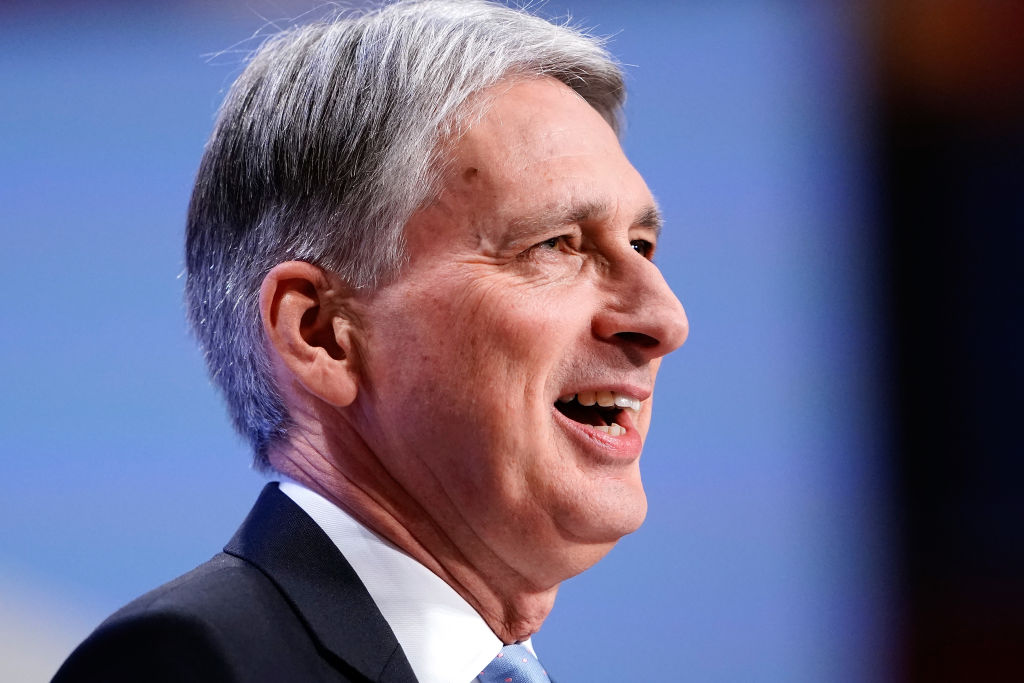Philip Hammond’s speech showed quite how insecure the Conservatives are feeling about themselves at the moment. The Chancellor was trying to defend the Tories on their more traditional ground, giving a hug-a-business speech designed to counter both Boris Johnson’s ‘f*** business’ line and the fears expressed by ministers and donors that the party has forgotten how to talk to the private sector.
He was also on the defensive after acknowledging that the Labour Party has tapped in to a genuine feeling of frustration among voters, but instead of trying to match the Opposition’s narrative, he decided to pitch the Conservatives as the party of realism. He said:
‘But let me be clear about one thing: while Labour’s answers will solve nothing, their questions deserve a response. And we must answer their challenges with our own, Conservative solutions based on realism, not populism, delivery, not rhetoric. It’s what we Conservatives have always done and it’s what we will do again, showing ourselves worthy of the privilege of governing post-Brexit Britain.’
The Tories now know what their problem is: they are trying to fight a populist Labour Party that makes appealing promises without much heed to how workable or financially viable they actually are. This is indeed a difficult fight: you cannot try to offer a halfway house, as this just validates what is on offer and suggests to voters that they should go the whole hog, rather than voting Labour-lite. Neither is it easy to fight offers that aren’t real with realism. But Hammond tried to do the latter, clearly deciding that boring is best.
His speech didn’t really contain any big announcements: more stocking fillers than full policies. This is partly because there is a Budget at the end of the month, but that’s also a convenient excuse for not even trying to excite people. The Treasury has been repeatedly cautious on big policies pushed by ministers when it comes to housebuilding and social care, for instance. It is a false dichotomy to claim that you can either promise all sorts of expensive and unworkable policies or do very little at all because it is in the national interest. But Hammond, in correctly diagnosing the threat facing his party, seems to have alighted on just that approach.







Comments